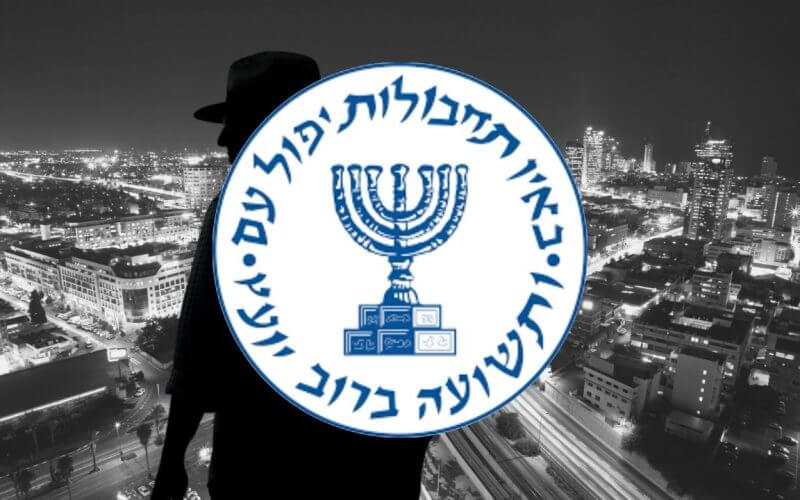Many members of the Islamic Republic feel Israel is operating freely in Tehran, targeting security operations with ease, according to a recent report published by the Financial Times. The "reformist politician" in the report stated that Israel has not only established a large-scale organization in Tehran for covert operations but also targeted the regime's "highly secure" image to destroy its standing in the eyes of the Iranian people.
The comment from the unnamed Iranian politician was "one in a lengthy line of statements from Iranian officials about Israel's penetration inside the Iranian system, Jason Brodsky, policy director at United Against Nuclear Iran (UANI) said. "Israel operates in Iran according to reports through an international brigade using foreign citizens. What has made Israel's operations particularly effective is not only the sabotage but also the disclosure of culpability for plots against Israelis in Turkey," explained Brodsky.
The statement from the anonymous Iranian politician comes after a series of recent assassinations and attacks in Iran have been attributed to Israel. While the Israeli government has almost never taken credit for targeting Iranian officials, many who have died have been military engineers, nuclear scientists, and Islamic Revolutionary Guards Corps (IRGC) officials, who have worked towards the destruction of Israel. In another rare interview a few days ago, Israeli National Security Adviser Eyal Hulata acknowledged that Israel had acted heavily in Iran over the past year.
According to media reports, many in the Iranian government feel a sense of anxiety and paranoia over the latest levels of Israeli-attributed attacks. In late June, the IRGC replaced its top long-standing intelligence chief Hossein Taleb in response to worries of collaboration with Israeli officials to assassinate regime members. According to Brodsky, "the Israeli media's revelation that Hossein Taeb, the now former commander of the Islamic Revolutionary Guard Corps' (IRGC) Intelligence Organization, was spearheading these operations exploited preexisting fissures inside Iran's leadership, caused the regime embarrassment and played a role in Taeb being subsequently dismissed."
While the regime has also arrested top military generals in the IRGC, many Iranian politicians fear Israel's spy network, Mossad, has infiltrated the regular members of Islamic security circles. According to Brodsky, the increased pace of Israeli activity in Iran through its infamous Octopus Doctrine has contributed to a culture of extreme paranoia inside the security services. As a result, the "performance of the Iranian security services was one of the reasons Iran's leaderships elevated a commander of the IRGC's Intelligence Protection Organization responsible for counterintelligence to replace Taleb," stated Brodsky.
The Islamic Republic of Iran and Israel have engaged in an ongoing shadow war ever since the Ayatollahs came into power and announced their intent to wipe out the Jewish state from the map. Through its terrorist proxies Hezbollah and Hamas, the Islamic Republic has inflicted deadly damage on Israel, attacking Israeli civilians, troops, government officials, and others using terrorist means. When Iran announced its intention to produce a nuclear program, Israel saw this action as a critical red warning for the security and stability of the state, prompting the Israeli government to engage in covert operations against top Iranian officials to deter Iranian aggression.
The shadow war between Israel and Iran has escalated to the point where Hollywood has created movies and tv series like Tehran revolving around Iran's nuclear program. In this Israeli spy thriller, a Mossad agent is sent to Iran to disable the country's nuclear program by neutralizing air defenses so that the Israeli Air Force can bomb the nuclear plant and prevent the Islamic regime from obtaining an atomic bomb. While this series is fictitious, the storyline paints a picture of what many Iranian officials feel about Israeli operatives trying to overthrow the regime from the inside.
"Israel's operations and disclosures may have tipped the balance in the traditional competition between the IRGC's Intelligence Organization and the Ministry of Intelligence and Security (MOIS) and power struggles in the Office of the Supreme Leader. But, in the end, Iran's security service's modus operandi will remain the same," stated Brodsky.










